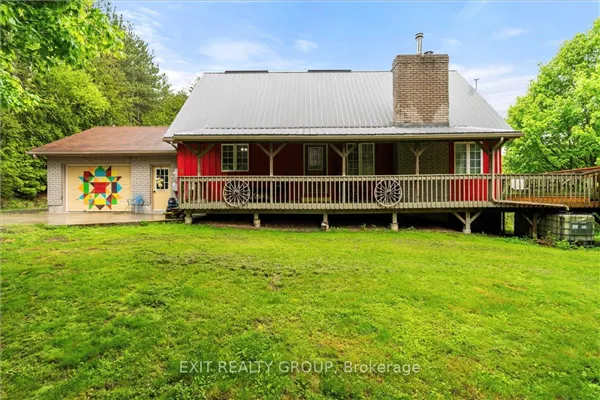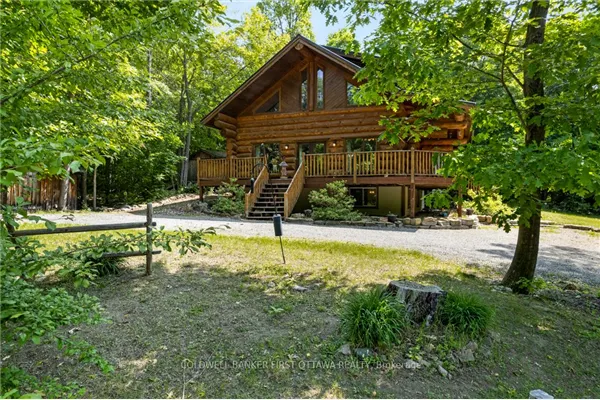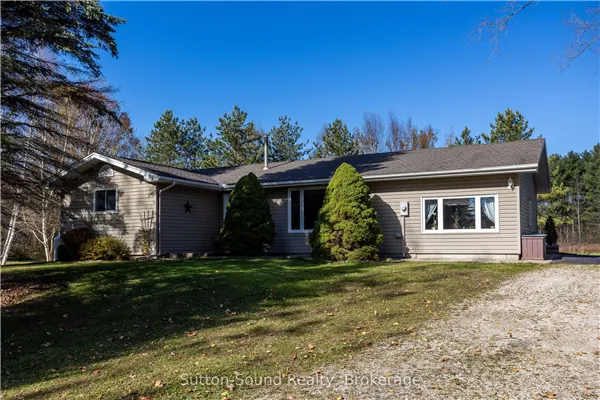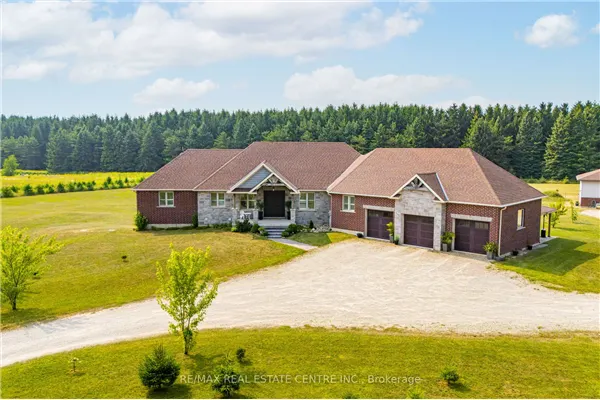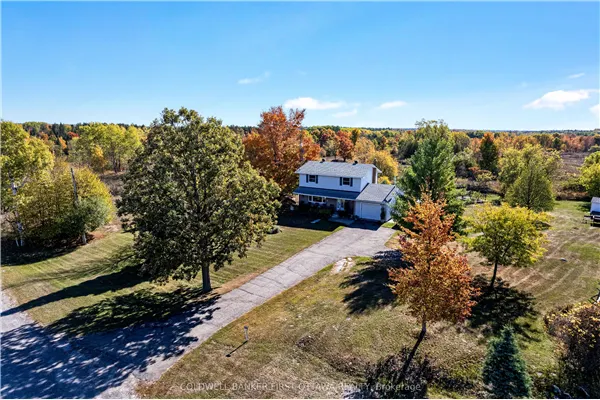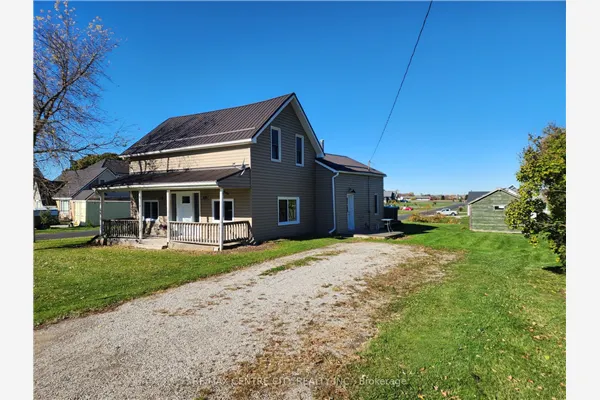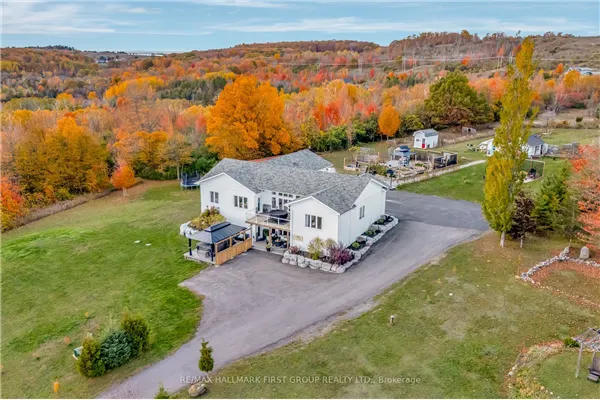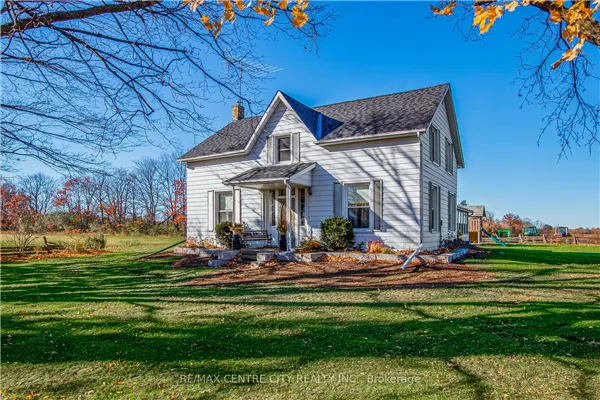- New Homes For Sale in New Tecumseth
- Cheap Homes for Sale in New Tecumseth
- 4 Bedroom Houses For Sale in New Tecumseth
- Houses For Sale In Alliston
- Million Dollar Homes For sale in New Tecumseth
- Houses For Sale In Beeton
- Houses for Sale in Tottenham
- Farm Properties in New Tecumseth
- Vacant Land Properties in New Tecumseth
- First Time Home Buyers in New Tecumseth
- New Homes For Sale in King
- 4 Bedroom Houses For Sale in King
- Million Dollar Homes for Sale in King
- Cheap Homes for Sale in King
- Cheap homes in Rural King
- Houses For Sale in Rural King
- Homes For Sale in King City
- Homes For Sale in Nobleton-Schomberg and Pottageville
- Farm Properties for Sale in King
- Vacant Land Properties for Sale in King
- New Homes for sale in Newmarket
- 4 Bedroom Houses For Sale in Newmarket
- Million Dollar Homes for Sale in Newmarket
- Cheap Homes for Sale in Newmarket
- Modern homes with pool for sale in Newmarket
- Luxury homes with a big backyard for sale in Newmarket
- Houses with finished basements in Newmarket
- Homes for Sale in Newmarket Discover Your Perfect Community
- Vacant Land properties For Sale in Newmarket
- Homes with 1.0 Garage Spaces in Central Newmarket
- New Homes For Sale in East Gwillimbury
- Cheap Homes for Sale in East Gwillimbury
- Luxury Homes For Sale in East Gwillimbury
- Million Dollar Homes for Sale in East Gwillimbury
- Homes For Sale in East Gwillimbury
- Homes for Sale in East Gwillimbury Discover Your Perfect Community
- New Homes For Sale in Bradford West Gwillimbury
- Cheap Homes for Sale in Bradford West Gwillimbury
- Luxury Homes For Sale in Bradford West Gwillimbury
- Homes for Sale in Bradford West Gwillimbury Discover Your Perfect Community
- New Homes For Sale in Aurora
- Cheap Homes for Sale in Aurora
- Million Dollar Homes for Sale in Aurora
- Homes With In-Law Suites For Sale In Richmond Hill
- Million Dollar Homes for Sale in Richmond Hill
- Homes In Oak Ridge and Oak Ridge Lake Wilcox
- Homes in Aurora Estates and Aurora Village
- Homes for sale in Bayview Hill, Bayview Southeast and Bayview Northeast
- Homes for sale in Jefferson and Mill Pond
- Vacant Land Properties For Sale In Aurora and Richmond Hill
- 4 Bedroom Houses For Sale in Vaughan
- Million Dollar Homes for Sale in Vaughan
- Homes With In-Law Suites For Sale In Vaughan
- Homes with 1.0 Garage Spaces in Concord
- Homes for sale in Woodbridge and West Woodbridge
- Cheap homes in Kleinburg
- Houses For Sale in Patterson
- Houses For Sale in Maple
- Houses For Sale in Vellore Village
- New Homes For Sale in Caledon
Close
-
Common Searches
- New Homes For Sale in New Tecumseth
- Cheap Homes for Sale in New Tecumseth
- 4 Bedroom Houses For Sale in New Tecumseth
- Houses For Sale In Alliston
- Million Dollar Homes For sale in New Tecumseth
- Houses For Sale In Beeton
- Houses for Sale in Tottenham
- Farm Properties in New Tecumseth
- Vacant Land Properties in New Tecumseth
- First Time Home Buyers in New Tecumseth
- New Homes For Sale in King
- 4 Bedroom Houses For Sale in King
- Million Dollar Homes for Sale in King
- Cheap Homes for Sale in King
- Cheap homes in Rural King
- Houses For Sale in Rural King
- Homes For Sale in King City
- Homes For Sale in Nobleton-Schomberg and Pottageville
- Farm Properties for Sale in King
- Vacant Land Properties for Sale in King
- New Homes for sale in Newmarket
- 4 Bedroom Houses For Sale in Newmarket
- Million Dollar Homes for Sale in Newmarket
- Cheap Homes for Sale in Newmarket
- Modern homes with pool for sale in Newmarket
- Luxury homes with a big backyard for sale in Newmarket
- Houses with finished basements in Newmarket
- Homes for Sale in Newmarket Discover Your Perfect Community
- Vacant Land properties For Sale in Newmarket
- Homes with 1.0 Garage Spaces in Central Newmarket
- New Homes For Sale in East Gwillimbury
- Cheap Homes for Sale in East Gwillimbury
- Luxury Homes For Sale in East Gwillimbury
- Million Dollar Homes for Sale in East Gwillimbury
- Homes For Sale in East Gwillimbury
- Homes for Sale in East Gwillimbury Discover Your Perfect Community
- New Homes For Sale in Bradford West Gwillimbury
- Cheap Homes for Sale in Bradford West Gwillimbury
- Luxury Homes For Sale in Bradford West Gwillimbury
- Homes for Sale in Bradford West Gwillimbury Discover Your Perfect Community
- New Homes For Sale in Aurora
- Cheap Homes for Sale in Aurora
- Million Dollar Homes for Sale in Aurora
- Homes With In-Law Suites For Sale In Richmond Hill
- Million Dollar Homes for Sale in Richmond Hill
- Homes In Oak Ridge and Oak Ridge Lake Wilcox
- Homes in Aurora Estates and Aurora Village
- Homes for sale in Bayview Hill, Bayview Southeast and Bayview Northeast
- Homes for sale in Jefferson and Mill Pond
- Vacant Land Properties For Sale In Aurora and Richmond Hill
- 4 Bedroom Houses For Sale in Vaughan
- Million Dollar Homes for Sale in Vaughan
- Homes With In-Law Suites For Sale In Vaughan
- Homes with 1.0 Garage Spaces in Concord
- Homes for sale in Woodbridge and West Woodbridge
- Cheap homes in Kleinburg
- Houses For Sale in Patterson
- Houses For Sale in Maple
- Houses For Sale in Vellore Village
- New Homes For Sale in Caledon
- Submenu for Country Properties
- Properties for Sale
- Country Properties
- Luxury Properties
- Residential Properties
- Sold Properties

